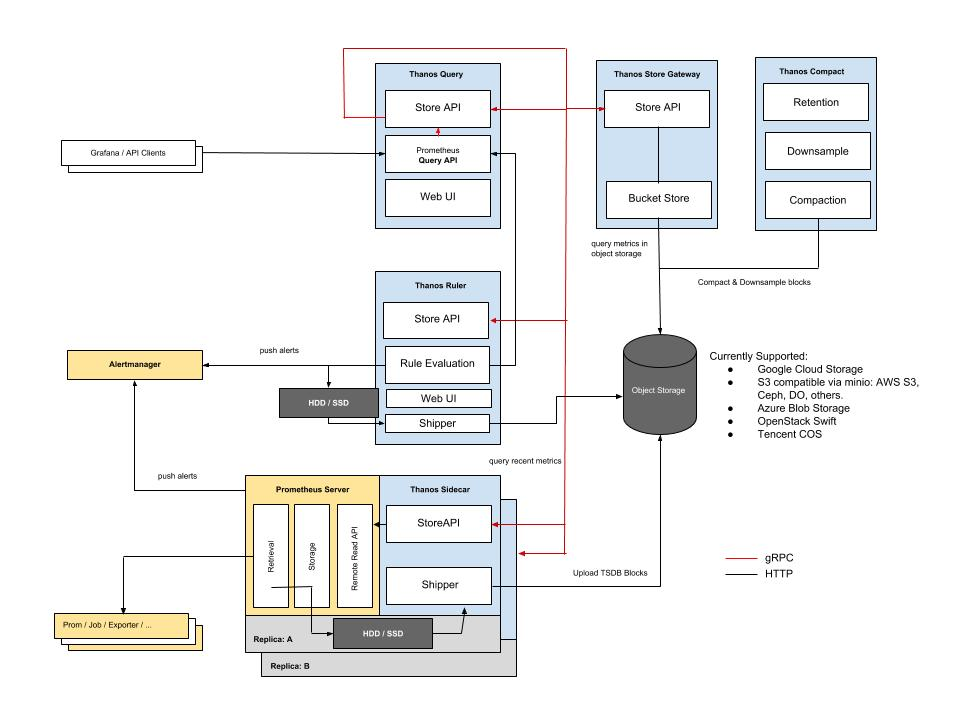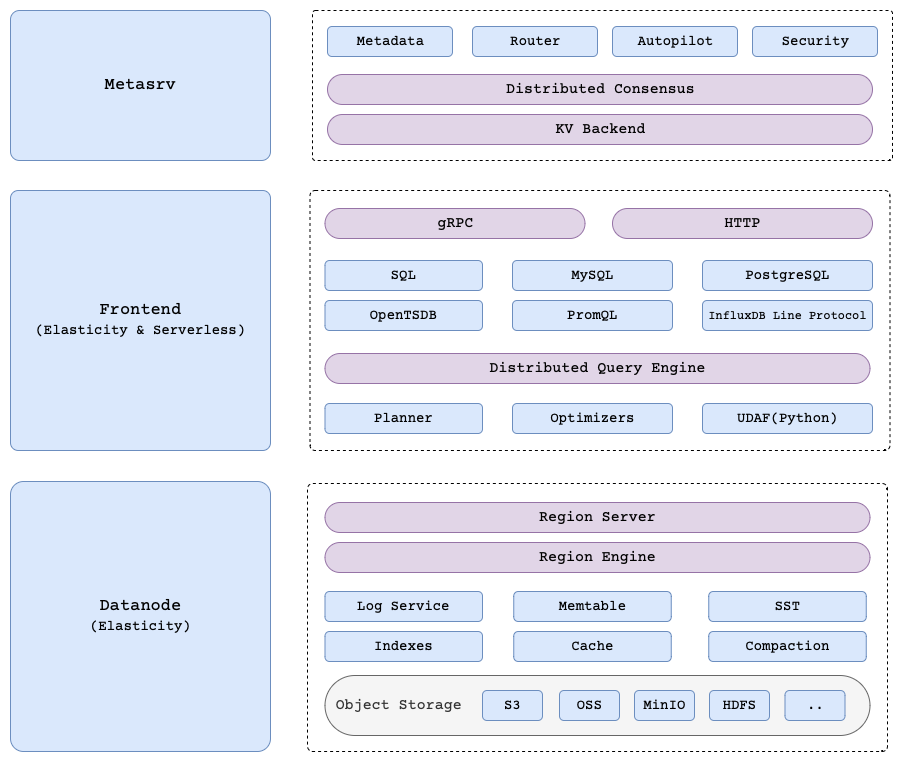As GreptimeDB continues to evolve as a robust open-source time-series database, we’ve seen a growing number of users sharing their migration stories from legacy solutions. Migration is often a complex decision, and many are curious about what the process entails and the benefits of switching to GreptimeDB. To offer deeper insight, we interviewed one of our users, founder of DeepXplore, who faced significant challenges with Thanos for managing his project’s data infrastructure.

The interview content below has been lightly edited for clarity and flow.
My team and I have been building DeepXplore, a tech startup focusing on AI-driven performance testing automation.
In the fast-paced world of software development, performance testing is often seen as a bottleneck—complex, time-consuming, and difficult to automate. We are building innovative AI-driven solutions that streamline and enhance testing processes, enabling teams to identify and resolve performance issues faster than ever. We aim to make performance testing faster, smarter, predictive, and adaptive, setting a new standard in software quality assurance.
I’m deeply passionate about unlocking the full potential of automation through DevOps, GitOps, and containerization. However, before we could achieve faster issue resolution, we faced a key challenge: efficiently managing long-term storage for Prometheus data.
Our AI solutions heavily depend on Prometheus data, especially long-term data for model training. Initially, we used Thanos to manage this, but after running into several challenges, we made the switch to GreptimeDB. Here’s a look at why we chose GreptimeDB and how the migration process unfolded.
Thanos Pain Points
As a Senior DevOps Engineer with over a decade of hands-on experience, I’ve worked extensively with Thanos for long-term Prometheus storage. While Thanos offers powerful capabilities, it also brings a range of challenges, particularly in Kubernetes environments. The installation and maintenance of Thanos clusters is often complex, time-consuming, and requires significant operational overhead. Ultimately, we wanted to shift our focus from managing infrastructure to what truly matters—developing and scaling our product. We realized that the energy spent on maintaining Thanos could be better invested in innovation and building new features for our customers to enhance their experience, which prompted us to explore more efficient alternatives.

Why GreptimeDB Caught Our Eye
I first came across GreptimeDB while reviewing their pitch deck for a venture capital presentation a few years ago. I was impressed by the unique niche GreptimeDB aimed to address—particularly as a Prometheus long-term storage solution.
The simplicity and flexibility of GreptimeDB, combined with its streamlined installation process, stood out immediately. The reduced operational overhead compared to Thanos, especially with GreptimeDB's Greptime Operator, was exactly what we were looking for. So we decided to take a closer look at the program and start our migration to give it a try.

The Migration Journey
When we decided to give GreptimeDB a try, I was initially concerned about the potential downtime or complexities we might face. However, GreptimeDB integrated effortlessly into our existing infrastructure. Replacing the remote write URL in Grafana Alloy with GreptimeDB’s endpoint was a breeze, and services querying Prometheus data through PromQL required no additional adjustments—just a simple endpoint switch.
Once we fine-tuned a few configuration settings, such as table partitioning and cache optimization, the performance surpassed our expectations. Queries that used to take longer in Thanos were now returning results much faster in GreptimeDB.
Some Aha Moments while Exploring GreptimeDB
The whole process of transitioning to GreptimeDB is surprisingly smooth, and it turned out to be a robust and highly effective long-term storage solution for Prometheus metrics.
Love to share some Aha moments while exploring GreptimeDB:
- Simplified Setup and Maintenance:
Compared to Thanos, GreptimeDB's installation and cluster management process is far more straightforward. The fewer dependencies—GreptimeDB only requires etcd and an optional Kafka—reduced our infrastructure’s complexity. Maintaining the cluster and performing upgrades was streamlined through the Greptime Operator. This reduced complexity allows teams to focus on their core product features instead of spending excessive time managing the storage backend.
- Outstanding Query Performance
With minor configuration adjustments, GreptimeDB delivered superior query performance, making it a strong competitor in the space of long-term storage solutions.
- Object Storage Integration
Storing data in object storage eliminates the need for traditional data backups, significantly reducing operational overhead, only etcd data needed to be backed up, which was minimal in size.
- Excellent Support
Our team received exceptional support from GreptimeDB’s engineers, who helped us fine-tune performance and scale the cluster. This level of assistance made our transition much smoother.
For teams grappling with the complexities of managing large Thanos clusters, GreptimeDB is a compelling alternative. It not only simplifies installation and maintenance but also delivers exceptional performance for Prometheus long-term storage.
Despite being a relatively young project, GreptimeDB has already shown its potential to significantly benefit organizations like ours. The journey has been worth it for us, and we're excited to see how GreptimeDB continues to evolve.
About Greptime
Greptime offers industry-leading time series database products and solutions to empower IoT and Observability scenarios, enabling enterprises to uncover valuable insights from their data with less time, complexity, and cost.
GreptimeDB is an open-source, high-performance time-series database offering unified storage and analysis for metrics, logs, and events. Try it out instantly with GreptimeCloud, a fully-managed DBaaS solution—no deployment needed!
The Edge-Cloud Integrated Solution combines multimodal edge databases with cloud-based GreptimeDB to optimize IoT edge scenarios, cutting costs while boosting data performance.
Star us on GitHub or join GreptimeDB Community on Slack to get connected.








